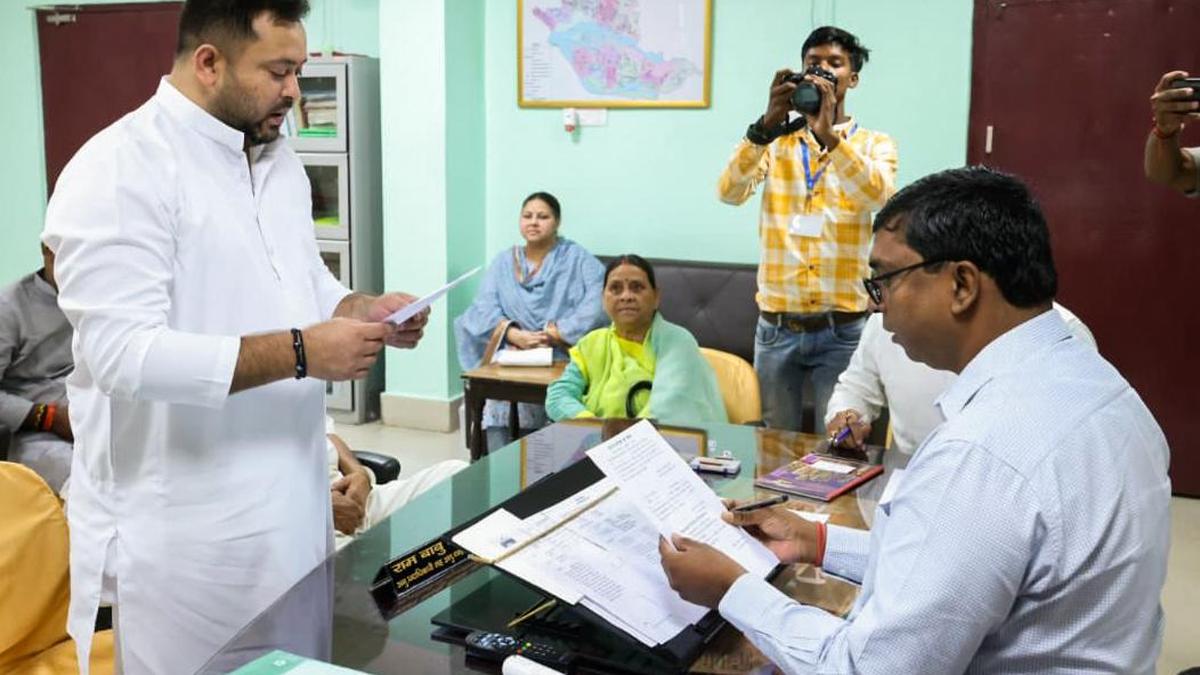A young woman from Dadra and Nagar Haveli called last week about the recent municipal council elections. This is a district in which I once served as Collector and Returning Officer. Her father’s nomination for municipal councillor had been rejected with no hearing or chance at verification. She asked, “Sir, is this how elections work?” The honest answer is yes. And that is the problem. Her case was not isolated. In those same elections, candidates of the Congress were systematically rejected on technical grounds, effectively ensuring unopposed victories in several wards. However, the fact of that matter is that such rejections are lawful.
And that is the deeper tragedy, democracy being killed by rule by law. The most undemocratic part of India’s electoral process occurs before a single vote is cast — at the stage of nomination scrutiny.
The politics of procedure
India’s electoral nomination process vests extraordinary discretion in a single official — the Returning Officer (RO). The Representation of the People Act (RP), 1951, particularly Sections 33 to 36, and the Conduct of Elections Rules, 1961, govern the nomination process. Section 33 prescribes who may file nominations; Section 34 provides for security deposits; and Section 36 authorises the RO to scrutinise nominations and reject those deemed invalid. The RO’s power under Section 36(2) to conduct a “summary inquiry” and to reject nominations for “defects of a substantial character” is extraordinarily wide, and largely un-reviewable before polling, since Article 329 (b) bars courts from interfering
Continue Reading on The Hindu
This preview shows approximately 15% of the article. Read the full story on the publisher's website to support quality journalism.
